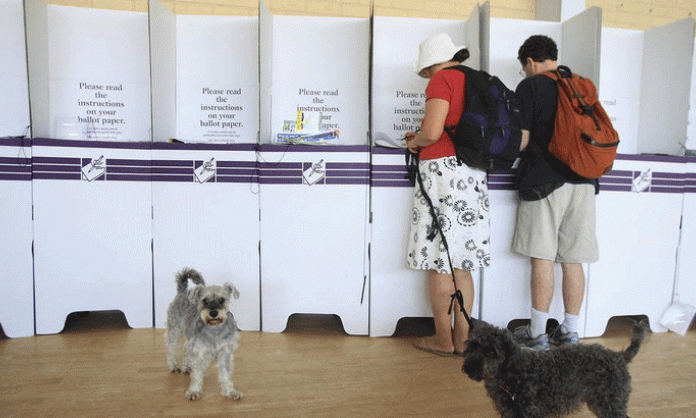There is mass alienation from established politics. Increasing numbers feel that the big parties offer them nothing.
The informal vote in the House of Reps contests rose to a record high of 5.9 percent, or nearly 700,000. In NSW, informal votes reached 7.7 percent and, in a string of working class suburbs in Sydney’s south and west, 10-15 percent. Although there was a swing of 0.35 percent towards informals nationally, in Sydney, the swing hit 2.5-3.0 percent in Werriwa, Barton and Parramatta and 2 percent in Chifley.
Twenty-five percent of young voters didn’t even bother to enrol.
With the Labor primary vote nationally at its lowest since 1903, it’s clear that the party is steadily losing its appeal to working class voters.
This election was a massive switch-off. Unfortunately, when people did vote, popular disaffection did not lead in a left wing direction but towards right wing micro parties, most obviously Clive Palmer’s trophy party. The Palmer United Party, formed by the billionaire mining magnate just four months ago, managed to snare a 5.6 percent share of the lower house vote.
That someone like Clive Palmer, long-time financial sponsor of the LNP in Queensland, can claim and capitalise electorally on his supposed “outsider” status speaks volumes for the low opinion in which most mainstream politicians are held.









